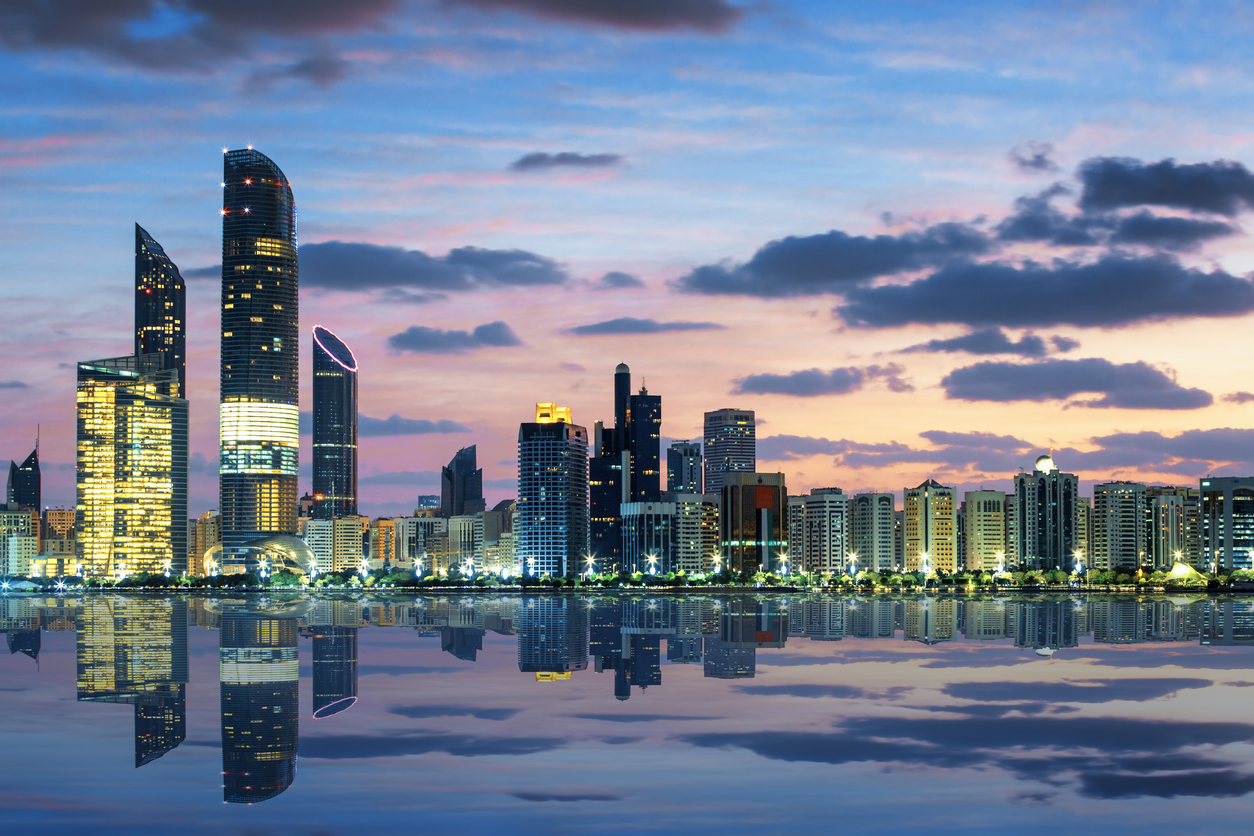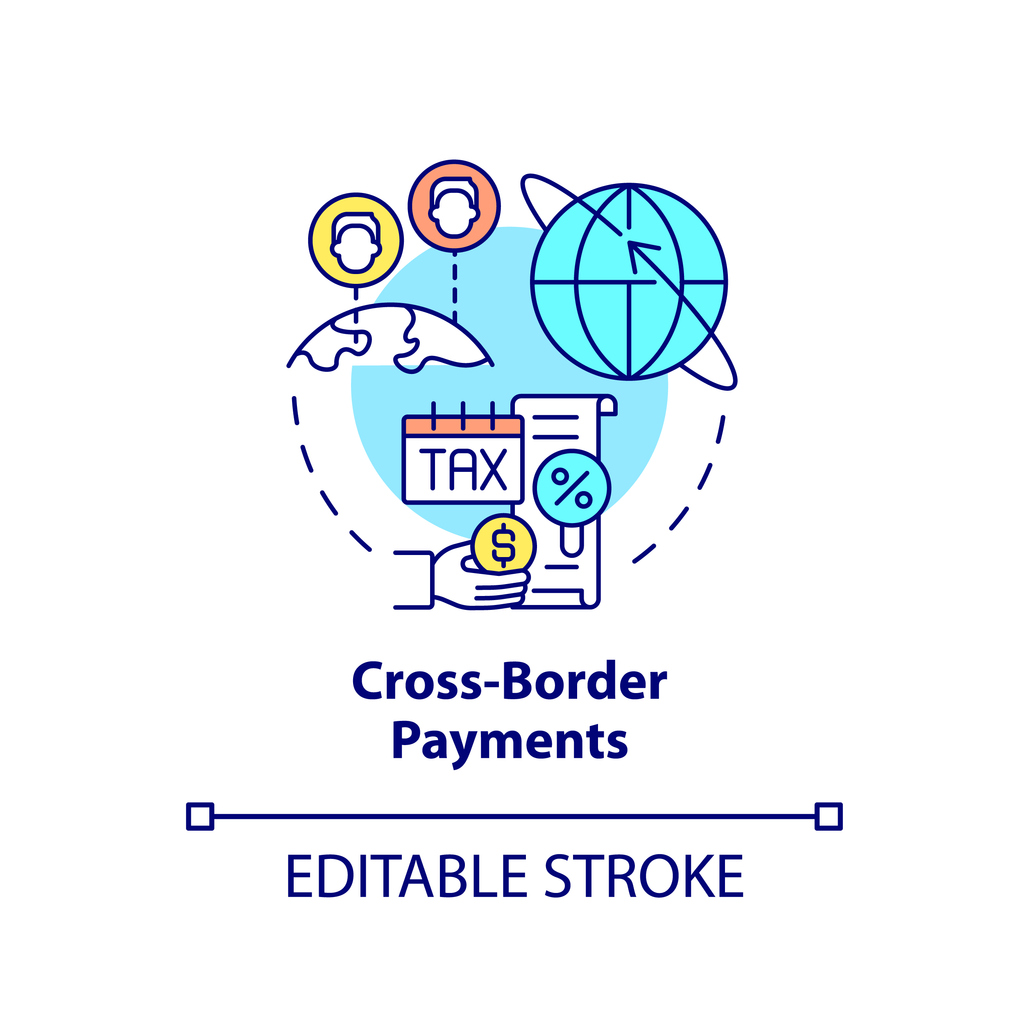The Ultimate Guide to Buying and Exporting Nickel Mattes from Zimbabwe
The Ultimate Guide to Buying and Exporting Nickel Mattes from Zimbabwe
You can’t have a discussion about the global metal market without touching on the topic of supply chain risk. Over the past few years, several important metals have been identified as “at risk” from a supply chain perspective, putting pressure on companies to monitor potential risks and find alternate suppliers if necessary. We recently published an extended article examining the future of nickel supply chains and why they’re so concerning. If you own or operate a business that uses nickel in your operations, it’s worth taking note of these factors and doing what you can to mitigate potential risks. In this blog post, we’ll be going over everything you need to know about buying and exporting nickel mattes from Zimbabwe.
What is a Nickel Matte?
A nickel matte is a kind of raw material used to make various products. On the most basic level, it’s a solid form of nickel that’s been created by a smelting process. The main use of a nickel matte is to create nickel ingots, which are then used to make stainless steel. This is why you’ll see many industries that use stainless steel turn to nickel mattes when sourcing the raw materials for their products. If you’re buying or manufacturing items that require nickel, you’ll likely use nickel mattes. Due to the fact that these are the raw materials that are used to make stainless steel, you can expect your finished products to contain a lot of nickel.
Why is Zimbabwe a Breeding Ground for Supply Chain Risk?
Zimbabwe is the top country we’ve seen when it comes to supply chain risk in the nickel industry. This has been a serious concern for us at Metals Focus for several years and we’ve seen this play out in the news, and in our data. We’ve seen numerous companies shut down operations in Zimbabwe and move elsewhere as a result of political instability and devaluation of the local currency, the Zimbabwean dollar. All of this has taken a toll on the nickel industry in Zimbabwe. There’s little certainty around operations in Zimbabwe due to the fact that the government has taken over mines, which makes financing and investing in the sector an uncertain prospect for companies.
Which Companies Are Exporting from Zimbabwe?
There are several companies we’ve identified as exporting from Zimbabwe. Some of these companies have faced shutdowns as a result of political instability and the declining value of the Zimbabwean dollar, but others are still exporting from Zimbabwe. The companies we’ve identified are Nickel Africa, Granites Mine, Zimplats, Glencore, and Mutorwi Mining. This list is certainly not exhaustive and we’ve seen other companies exporting from Zimbabwe in the past.
The Dangers of Importing from Zimbabwe
We’ve seen a number of companies import nickel from Zimbabwe, primarily due to the fact that it’s relatively cheap to do so compared to other sources of the material. As you’ve likely already noticed, Zimbabwe is dealing with a lot of instability, which is definitely impacting the cost of operations. There’s a lot of uncertainty around the operations in Zimbabwe. There’s political and currency instability, which are definitely notable issues. This is compounded by an important fact that many people don’t think about: Zimbabwe is a major mining country. The mining industry uses a lot of water. So much that this is a major concern for the country’s government. The government has taken steps to ensure that mining companies don’t suck dry the country’s water sources, but there are still major concerns here. If the country experiences a drought, there’s a chance that mining won’t be able to continue as usual. Plus, the political instability is a major concern.
How to Safely Import from Zimbabwe
If you decide you want to import from Zimbabwe, there are a few things you can do to make sure you’re doing so safely. First, you should make sure that the company you’ve identified is still exporting from Zimbabwe. If the political situation or currency devaluation has caused the company to shut down its operations in Zimbabwe, you need to look for another supplier. Second, you should check the product quality of the nickel you want to import. If you want to import low-grade nickel, there isn’t much you can do to protect yourself from potential issues. If, however, you want to import high-grade nickel, you can request that the company provide a third-party inspection report. Third, you should make sure that the nickel you want to import is certified. If you want to import non-ferrous nickel, you can look for a certification mark that identifies the product as non-ferrous. If you want to import ferrous nickel, you can request an inspection certificate to ensure the product you’re importing meets your standards.
Final Words: Should You Still Buy From Zimbabwe?
Zimbabwe’s been a breeding ground for supply chain risk in the nickel industry for several years now. This has led many companies to shut down operations and move elsewhere. There’s little certainty around operations in Zimbabwe due to the fact that the government has taken over mines. It’s a major mining country, so there’s a lot of concern around water usage in the industry. There’s also a lot of concern about the political situation. If you want to import from Zimbabwe, you can make sure you’re doing so safely. You can check the product quality of the nickel you want to import and make sure it’s certified. You can also request a third-party inspection report if you want to import high-grade nickel.








LEAVE A COMMENT
You must be logged in to post a comment.